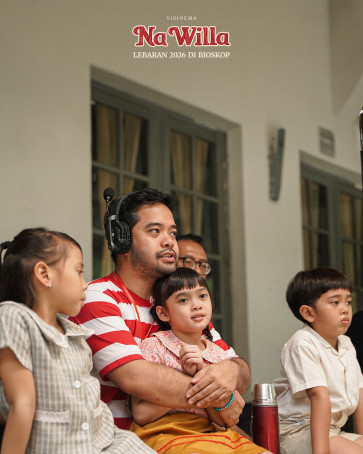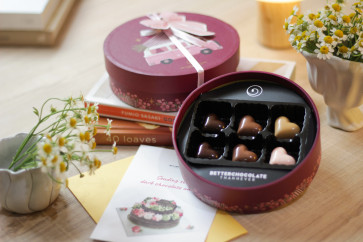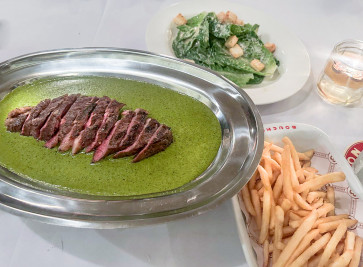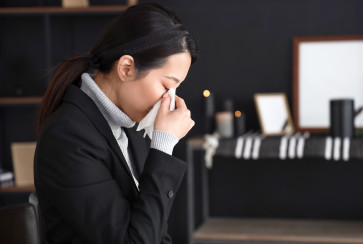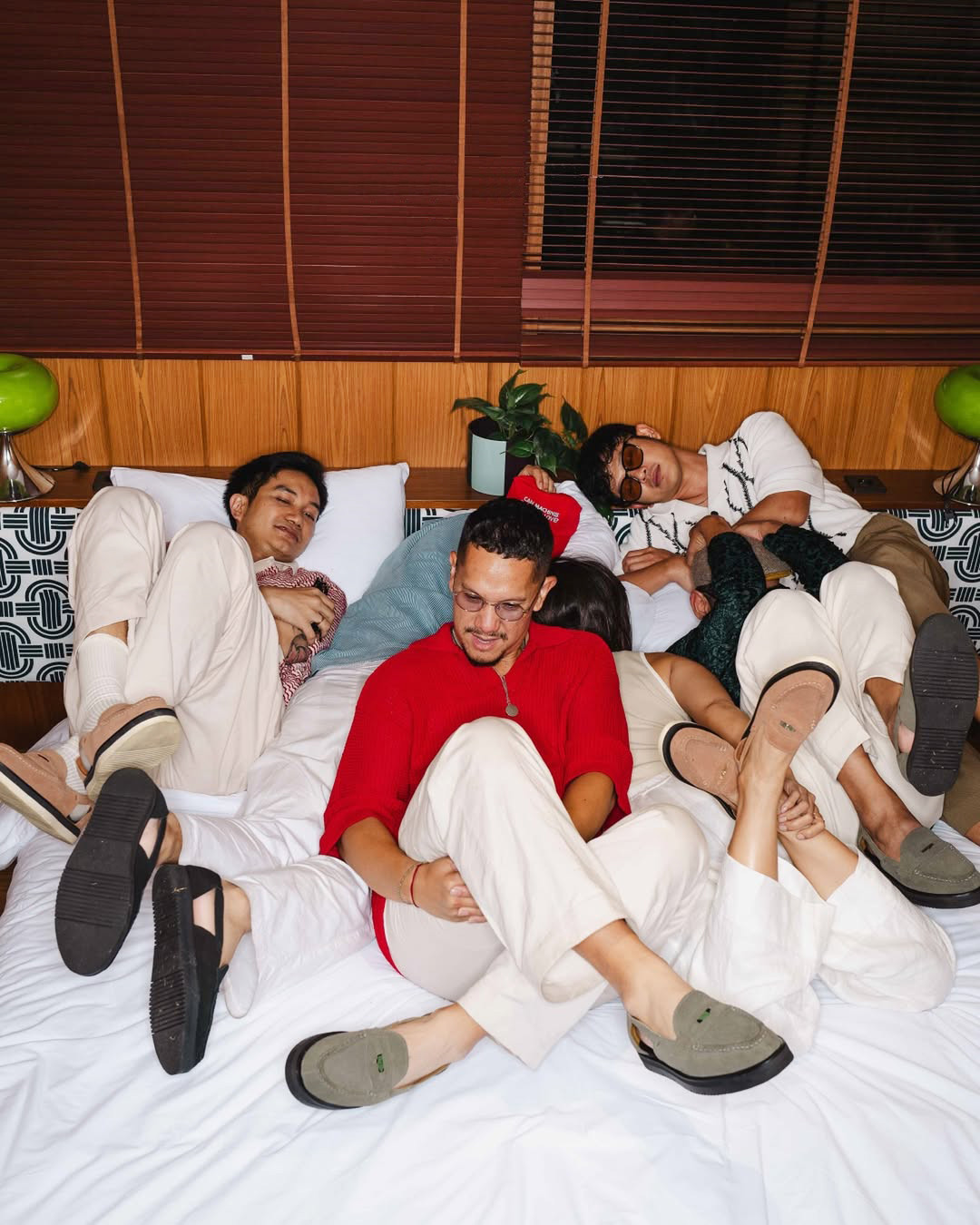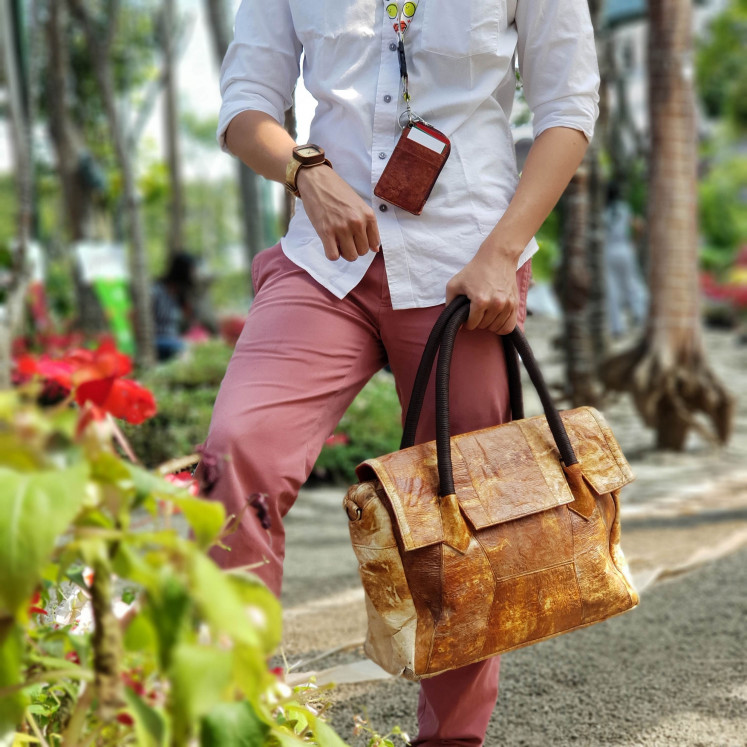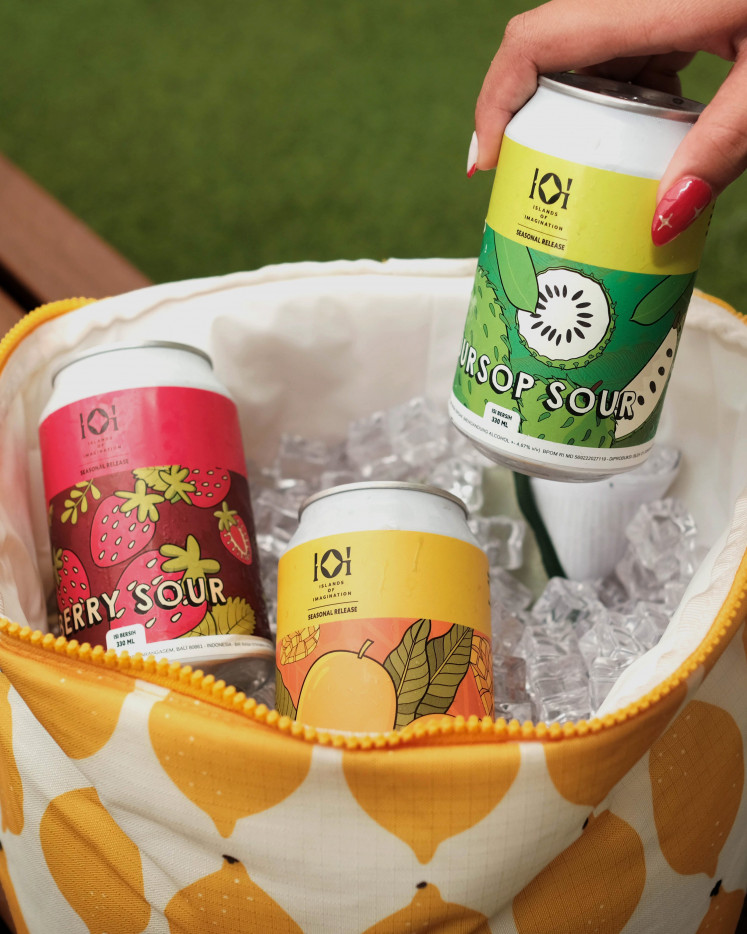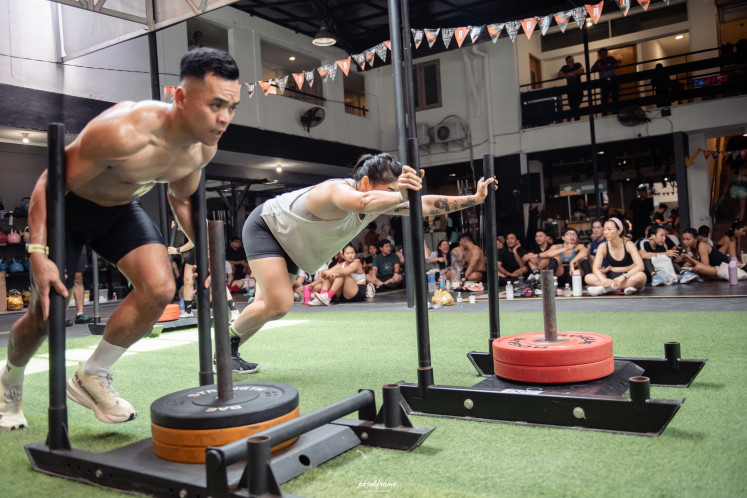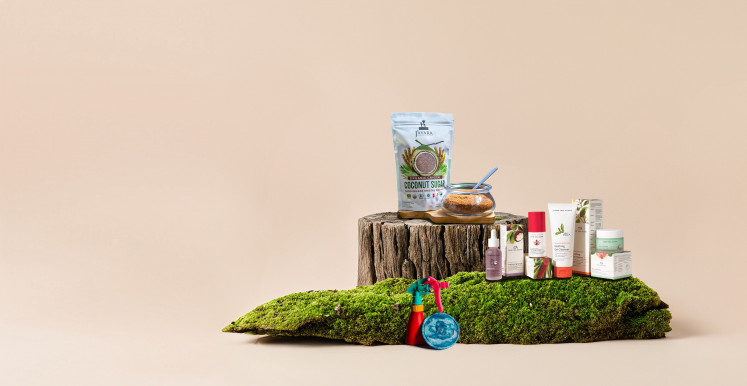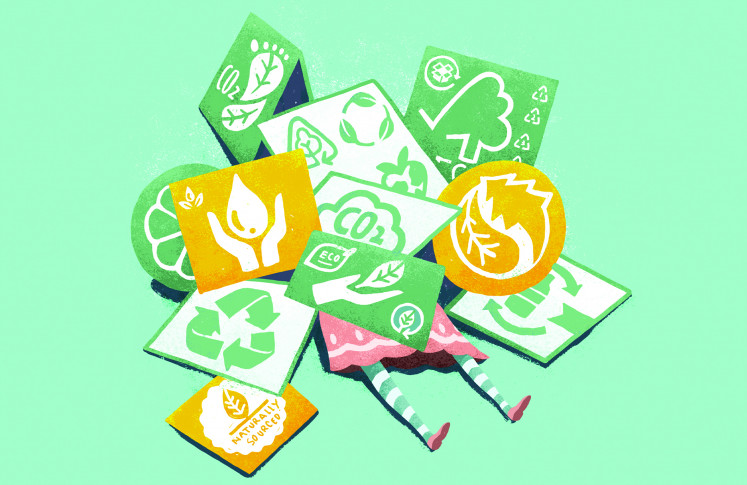Hijack Sandals upped the ante this year by launching a collaboration, MACK with prominent band Maliq & D’Essentials.
From the food and beverage industry to furniture and clothing, Indonesian-made products have gradually caught up with their foreign counterparts in terms of quality, and are often available at more accessible prices thanks to locally sourced materials.
With major events like Brightspot Market and JakCloth Festival showcasing such products, it has become increasingly trendy to buy local–and be loud and proud about doing so.
For some brands though, it’s not enough to make good-quality, affordable products.
Here, we spotlight three local brands that have gained significant traction while making positive impacts on the communities and the environment around them.
Hijack Sandals
A refreshing take on a classic staple

Thank you!
For signing up to our newsletter.
Please check your email for your newsletter subscription.
Founded in 2010 in Bandung, West Java, Hijack Sandals has been making waves both here and abroad for its stylish, affordable sandals.
This year, Hijack took it up a notch by partnering with iconic Indonesian brands.
In February, it introduced a collaboration with Swallow to reinvigorate the legendary brand’s classic flip-flop silhouette into more fashionable footwear.
”We’ve never made flip-flops, and given how widely known Swallow is across multiple generations of Indonesians, we figured we would celebrate their legacy,” explains Hijack marketing lead Lukas Satriadi.
Then in July, Hijack released its line of MACK shoes in collaboration with local jazz and soul band Maliq & D’Essentials.
“We thought it would be so cool to collaborate with a beloved band like Maliq. It turned out they were actually fans of our sandals already!” Lukas says.
“They actually reached out to us, and it became a fulfilling creative process for our team to craft footwear that best represents their music.”
Beyond collaborations, Hijack has taken steps toward sustainability: Its PIÉCE tote bags repurpose waste from sandal production, and its Mimic Mylea sandals incorporate mushroom materials.
“We are still working toward being more sustainable. From our experience, it's quite a difficult process,” Lukas says.
“It’s part of our vision, but we don’t want to let it compromise our product’s quality. We’re still exploring ways on how we can achieve success in both.”
MYCL
Fungi for fashion, not food
Another Bandung-based company, Mycotech Lab (MYCL), has been making a positive environmental impact through its innovative use of mushrooms in clothing.
Ahead of its upcoming 10th anniversary in 2025, MYCL diversified this year into accessories and furniture by collaborating with three local brands that are also big on sustainability.
The resulting products include MYCL’s Shrüm Stool, made with fellow Bandung-based Ōd Architecture Studio, the Mylea bifold wallet developed with Cimahi-based upcycler Popsiklus, and an accessories line created in collaboration with Legam Jewelry, a brand known for transforming waste coal into stylish, modern lifestyle pieces.
The common denominator among all these products is the use of MYCL’s unique mushroom materials.
This MYCL bag is made with Mylea, a leatherlike material made from mycelium, the root-like structure of a mushroom. (Courtesy of MYCL)
For the Shrüm Stool, MYCL uses a biodegradable, composite material made of mycelium, the underground filaments of a mushroom that resembles a root system.
“The material’s production process is actually carbon negative. It doesn’t produce carbon; it absorbs it. The more we produce, the bigger the impact,” says Ronaldiaz Hartantyo, MYCL’s chief innovation officer.
The two other products use the brand’s trademarked Mylea, thin sheets of leatherlike material made out of mycelium using a technology inspired from tempeh production.
“When used in large [pieces], Mylea is very durable; it won’t biodegrade. If you cut it up into tiny pieces, it will degrade naturally,” says Ronaldiaz.
“You can safely distribute it to parks and such. It's home compostable.”
Islands of Imagination
Innovating fruity flavors
Islands of Imagination (IOI), now in its third year of operation, is a microbrewery based in Bali that specializes in crafting beers infused with ingredients sourced from local farmers.
Founded by husband-and-wife team Pieter and Laura Prinsloo, IOI has had a fruitful 2024.
“This year, we released three new flavors: Soursop Sour, Mangotopia and Berry Sour. They’re all new spins on sour beer. Berry Sour uses a mix of strawberry and raspberry, Mangotopia uses Harum Manis mango. Our latest one, Soursop Sour, uses sirsak,” Laura says.
“All the beers use fruits, creating a new beer experience that, surprisingly, has been received really well.”
IOI’s Honey Kolsch beer even received a Chairman’s Selection accolade from the Asia Beer Championship 2024, which announced the results on Oct. 4 in Singapore.
Crafting beer with fruits as their trademark, IOI launched three new flavors this year. (Courtesy of IOI)
Pieter says IOI is picky about choosing suppliers to make sure that Bali’s farmers benefit.
“We buy like 50 to 100 kilograms of salak [snake fruit] from farmers around us, and we add it into three different production stages of our Soursop Sour. For our Honey Kolsch beer, we use dark acacia honey from Lampung,” he explains.
The craft beer industry is steadily gaining interest among local beer enthusiasts, with established brands like Kura Kura and newcomers like Kulturale developing their own brews.
“In our industry, when another craft beer company does well, it usually does well for you, too. Craft beer is all about variety. With more players, enthusiasts have a wealth of new experiences to try,” says Pieter.
“We all offer distinct flavors, so we try to support each other. We’re not really fighting for the cake, but we’re kind of trying to share it, making the cake even bigger.”
Honorable mentions
These are just the tip of the iceberg when it comes to Indonesian brands putting out creative and innovative products, and here are this year’s honorable mentions: Green Rebel, Ageless Galaxy, Brodo and Compass.
Green Rebel produces an innovative mushroom-based protein and dairy-free cheese, while lifestyle brand Ageless Galaxy collaborates with major companies such as Bakmi GM and Jakarta MRT to create hype for the younger generation.
Sneaker connoisseurs Brodo and Compass have launched footwear that rival even the most renowned Western brands in terms of quality and style.
Beyond their exceptional designs, all brands contribute to the community by sourcing both materials and talent locally.
These and many others are also exploring or adopting sustainable practices, proving that style, innovation and environmental responsibility can go hand in hand.
So why not give local brands a try? Your next favorite product might be closer than you think.
Aqraa Sagir is a writer for The Jakarta Post's Creative Desk. He’s chronically online in the hope it would be a useful asset for the job.





